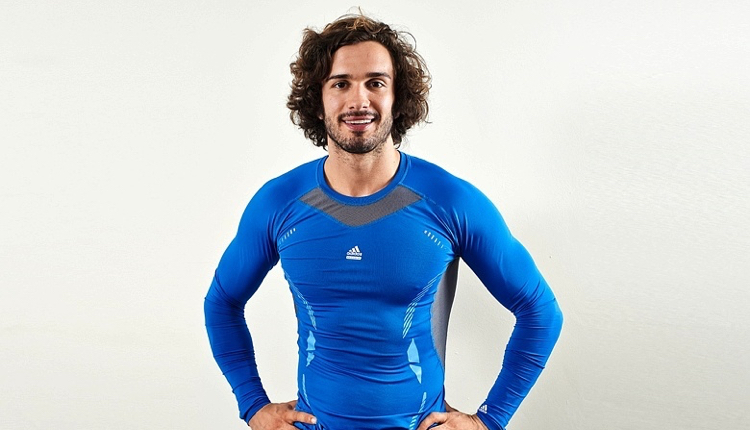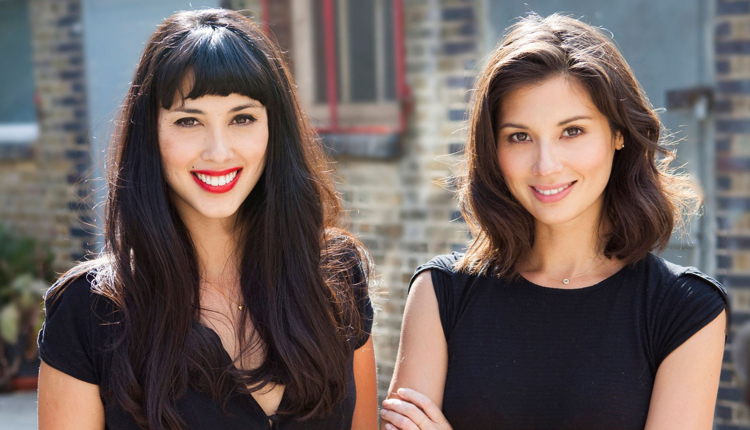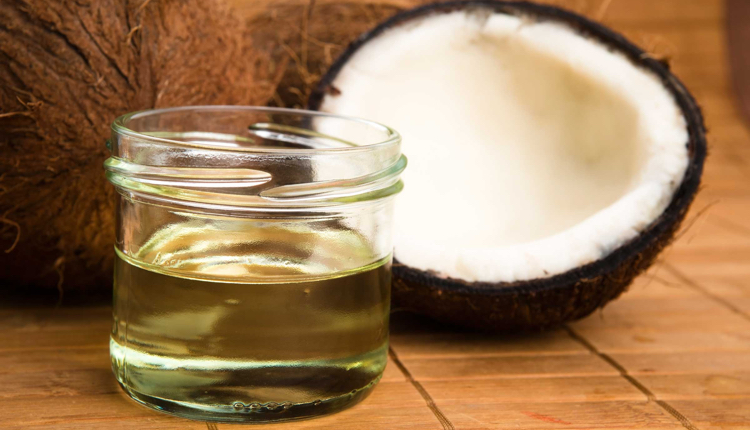The Murky Science of Clean Eating
Clean eating is not simply a desire to eat well; it is a marketing phenomenon. In the last five or six years, there has been an increasing trend of just about anyone with a decent physique, an iPhone, and an Instagram account to start marketing kale and call themselves a nutritionist. The sales of avocados in the U.K now outrank the sales of oranges. Joe Wicks of The Body Coach is held responsible for a 25% rise in the sales of tender stem broccoli.

As Dara O’Briain once famously pointed out, however, nutritionist is not a protected term, meaning absolutely anyone can self-declare as a nutritionist. A registered dietician is really the only person who should be dishing up medical advice about food, and yet there is a growing number of “experts” willing and ready to give out food and exercise “tips”, usually gearing up to sell you a book or an online plan.
Clean eating: diet, lifestyle choice, or eating disorder?
The reality is that clean eating is more than a diet, and more than a lifestyle choice. The line between clean eating and orthorexia nervosa – an eating disorder characterised by an obsession with “clean eating”, exclusion of “bad” food groups and the pursuit of “pure” food – is becoming thinner and thinner. A study in May of this year found that a test group was likely to think of someone following a clean eating plan in a negative light, and likely to view them more negatively again if they believed there was a clinical diagnosis of orthorexia or anorexia.
This highlights the social stigma and isolation associated with obsessive eating, and the damage it can do when we think obsessively about food. Another study found that the use of Instagram is directly linked to an increase in symptoms associated with orthorexia nervosa. The work examined the likelihood of Instagram users to show signs and symptoms of orthorexia, and found that the rate of these symptoms was 49% amongst those who use the app, compared to <1% in the general population. It’s hard to scroll past numbers like that.
[perfectpullquote align=”full” cite=”” link=”” color=”#1AC4A8″ class=”” size=””]Read Deirdre O’Hagan’s brilliant piece “Instagram & The Cult Of The Body Image Hashtag” here[/perfectpullquote]
Our ancestors didn’t follow the paleo diet
Clean eating “experts” tend to define the trend as eating “whole foods” in their most natural form. The diet usually involves avoiding processed food, refined sugar, and follows a similar regime to the “paleolithic” diet. An advertisement on television at the moment for the supermarket Supervalu shows a segment with Joanne Davey from Absolute Nutrition explaining that in ancient times our diet was free of gluten and dairy, advocating that we return to a similar food palette.
[perfectpullquote align=”full” cite=”” link=”” color=”#1AC4A8″ class=”” size=”19″]Humans have been eating gluten-containing grains since the dawn of agriculture[/perfectpullquote]
Of course, none of this is true, humans have been eating gluten-containing grains since the dawn of agriculture. It also might be worth a mention that our “ancient” ancestors rarely lived beyond the age of 45. There is a case to be made against the over consumption of milk, but dairy products eaten in moderation do not pose any great risk to those who are not lactose intolerant.
Argh! Mutant DNA!

The Hemsley Sisters argue that a diet filled with bone broth and free of all grains will provide a healthy gut, and a quick scan of their website throws up phrases such as “check the ingredients to be safe” and mentions “mutated DNA” of modern crops. They also claim that eating grains is linked to depression, anxiety and mood swings, without providing a shred of evidence to back that claim up. The use of words like “safe” and “clean” is no accident; it is a deliberate attempt to cause alarm about the food you’re currently eating. It is also a concerted effort to drive you to purchase their book (and probably an avocado) immediately, lest you develop diabetes in the next hour.
[perfectpullquote align=”right” cite=”” link=”” color=”#1AC4A8″ class=”” size=”19″]The use of words like “safe” and “clean” is no accident; it is a deliberate attempt to cause alarm about the food you’re currently eating.[/perfectpullquote]
The use of “mutated DNA” follows the same logic. Mutated DNA sounds very alarming; will this food mutate my DNA? But the reality is that all living things have mutated DNA, it’s just biological change over time. The foundations of civilisation are based on a surplus of food. Agriculture has long established ways to ensure that the next generation of a crop hangs on to valuable traits like bigger seeds, taller plants, less husk, flood resistance. We select for those traits by planting seeds from the good plants and hoping for the best. We have this technique to thank for seedless grapes and the modern banana. Mutated DNA indeed.
Coconut oil high in saturated fats
Another aspect of the recent obsession with clean eating is “healthier” versions of food we’re used to; replace your cocoa with cacao, switch out your olive oil for coconut oil. But looking closer at these, the health benefits are minimal, if any. Cacao is just cocoa that’s been cold pressed, it tastes more bitter and is not as good to bake with. Clean eaters will tell you it retains its enzymes and has more antioxidants, but just what do people think these enzymes are doing in the body? And what benefits do they reckon you’re gleaning from the antioxidants?

The answer to these questions is quite simply, very little. Olive oil is again, fine in moderation. Olive oil is high in monounsaturated fat, while coconut oil is high in saturated fat. A review on coconut oil found that replacing coconut oil with cis, unsaturated fats reduces your risk factors for cardiovascular disease. The saturated fat in coconut oil has been shown in some studies to be slightly less harmful than other saturated fats, but until there is concrete evidence proving this, there is no need to force yourself to eat a coconut flavoured stir-fry.
[perfectpullquote align=”right” cite=”” link=”” color=”#1AC4A8″ class=”” size=”19″]A review on coconut oil found that replacing coconut oil with cis, unsaturated fats reduces your risk factors for cardiovascular disease[/perfectpullquote]
The Happy Pear, like many others, go one step further. They find themselves a medical professional who agrees with them and who peddles unscientific claims without providing evidence. There are all sorts of claims made on their website, such as red meat being a potent cause of Type 2 diabetes, and also some peddling of the idea that pork products and meats are carcinogens akin to cigarettes. The WHO announcement that red meat could be classed as a Group I carcinogen famously caused a media furore, but it’s important to examine thoroughly what the science actually means.
Smoothies are not a cure-all
Cigarettes are classed as a Group I carcinogen, but that does not indicate that meat is just as likely to give you cancer as smoking. An aeroplane is a vehicle and so is a car, but for obvious reasons it would be impractical to use the latter to get from Dublin to New York. The amount of risk associated with something is not the same as it’s ability to cause disease.
Put simply: meat does have the ability to give you cancer, but not even close to the same ability as smoking cigarettes. Smoothie recipes that will cure erectile dysfunction are also listed. The smoothie itself likely won’t do any damage, but erectile dysfunction can be distressing, and can be the first sign of a whole myriad of diseases. For food bloggers to claim to treat a symptom with a Nutribullet and some kale is irresponsible.
While everyone is in search of the best lifestyle choices for themselves and their families, the amount of misinformation on social media is a worry, as is the rise in orthorexia. Bloggers are not qualified dieticians, and there is no weight to the term “nutritionist”. Bear this in mind next time you feel guilty for having pasta for lunch.
